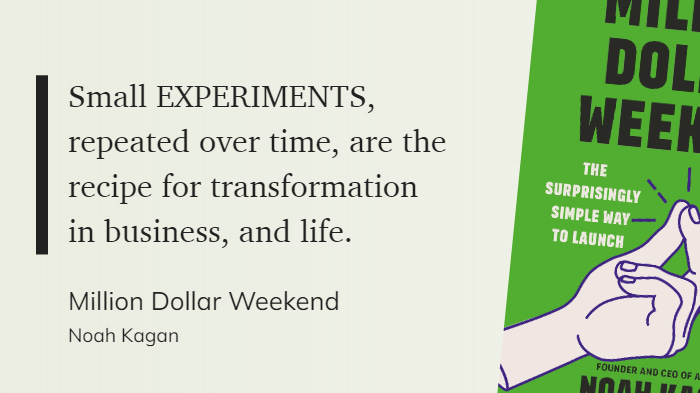I can still remember the first time I heard the word “perfectionist”. I was 10 years old, at the end of my last year of primary school, and I was showing a family friend my school project. It was an absolute masterpiece, and I had the stickers and badges to prove it. I had made sure that both the title page and the length (clearly the two most important aspects) would blow anyone else’s project out of the water when it sat on my teacher’s desk.
“Wow, you’re a real perfectionist!” they exclaimed. My eyes lit up - I didn’t know what that was but it sounded GREAT! An adjective with the word ‘perfect’ in it - who wouldn’t want that? It sounded like the exact thing that everyone should be striving for and I wore it like a badge of honour.
It took nearly 40 years for me to realise that being a perfectionist actually has very few - if any - advantages. It got me some good grades through high school, the occasional prize, plenty of certificates, qualifications and awards, but it also undoubtedly contributed to a chronic pain condition that saw me having to withdraw from my initial university pathway (law school), along with numerous thoughts and beliefs which drove a relentless pursuit of more.
Why am I telling you all this? I was the first subscriber to this newsletter, on 26 July 2021. Today is 12 July 2024. That’s a lot of not writing. Don’t get me wrong, I haven’t spent all that time sweating anxiously over what, when or how to fill the void… I’ve changed jobs a few times, reinvented my business, navigated the emotional rollercoaster of our firstborn finishing high school + embarking on tertiary study + work + independent living, continued to volunteer my time and energy on several not-for-profit boards and enterprises, continued to raise teenage twins and am still married… I’ve also done plenty of writing in that time - just for other people, not myself. But deep down, a large part of the not writing is absolutely linked to some perfectionistic tendencies.
The most helpful book I’ve read on this subject is Hillary Rettig’s Say Sayonara to Perfectionism (currently available on Kindle for the ridiculous price of US$1.12 so you’d be mad not to buy it).
She accurately states that Perfectionists make six overarching mistakes:
They hold unrealistic definitions of success and punish themselves harshly for perceived failures.
They are grandiose.
They prioritize product over process.
They over-rely on external rewards and measures of success.
They deprecate the ordinary processes of creativity and career-building.
They overidentify with their work.
Perfectionism isn’t about having high standards. It’s about having unrealistic standards and then punishing yourself for failing to meet them. It’s addictive, weirdly rewarding, and sometimes requires clinical intervention because the personal and professional costs can be debilitating.
In publishing this today, I’m voting for imperfection 🙌🏼 and taking a stand against the voice that whispers that it could be better. Whether you call it an inner critic, an inner bully, “the voice of the oppressor” (Anne Lamott in Bird by Bird), or even a Dementor - the net result is the same, and the antidote is the hard, daily work of learning to ignore it and tune in to a different message.
Ship it before you’re ready
It was very difficult not to delay this today for another two weeks, which would make it exactly three years to the day (how perfect!) since I simultaneously launched and then hid 🙈.
But I wanted to make something today, not in two weeks - waiting leads to a pattern of not buzzing - so this is how it starts.
I keep reading that the way to succeed with any creative endeavour (not to mention deal with the associated fear) is to complete 100 reps with complete disregard for the results. If you repeat anything 100 times you can’t help but get better, right?
Welcome to my small experiment.
Thanks for being here,
Kathryn 🎉🎂








Glad you launched this. What this brings to mind for me is: Stay open to what unfolds, get out of your own way so that it CAN unfold, remain aware of when you judge yourself and others - and then let it go, get it out the door but also welcome feedback, the quote about small experiemnts reminds me of the Rilke line: "Live the questions now. Perhaps you will then gradually, without noticing it, live along some distant day into the answer.” Clearly your writing is already resonating with this human. Cheers!